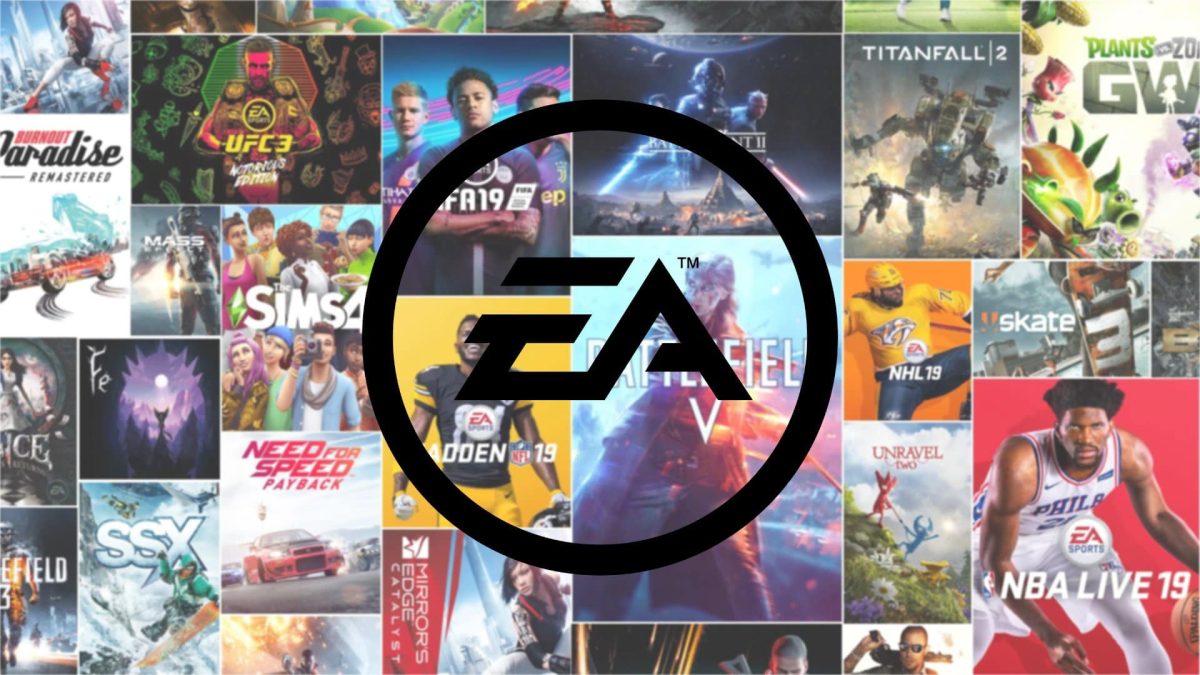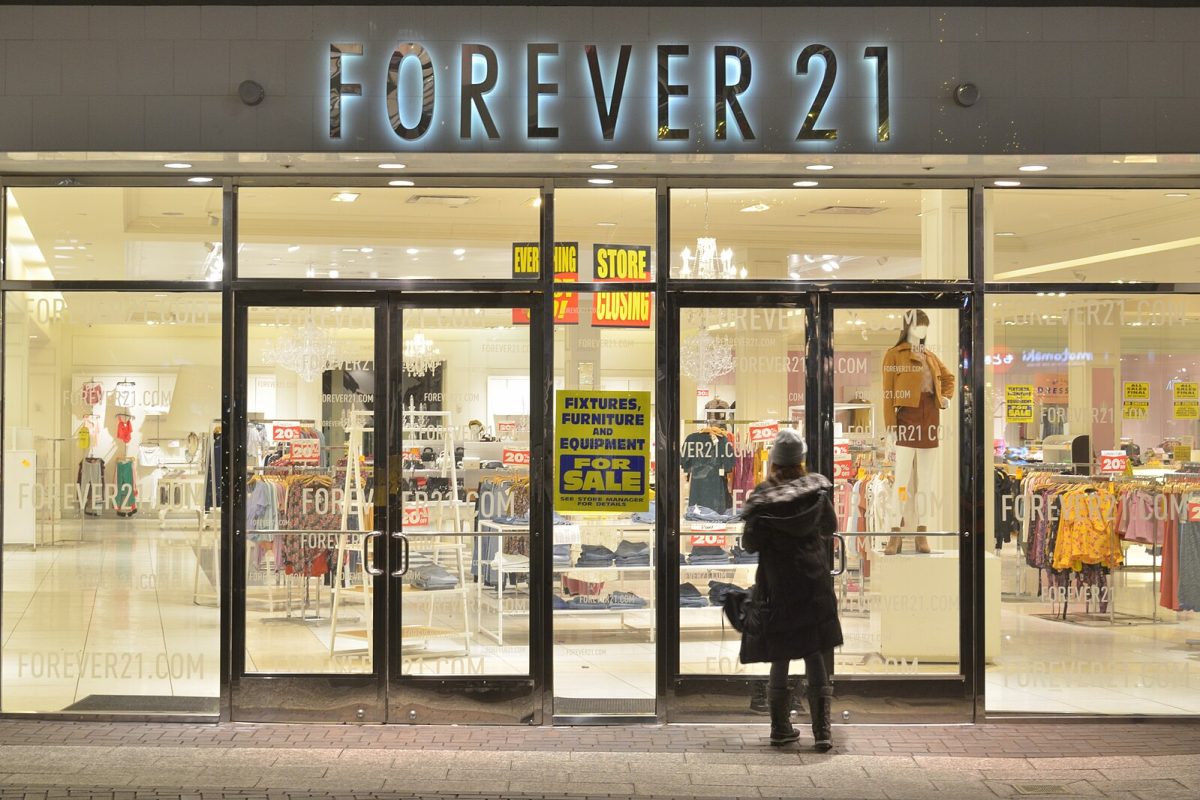Picture this: your favorite series is getting a new installment. It’s maybe been years, or nearly a decade — regardless, the fanbase is thoroughly electric with excitement for it. But as the release date nears, and people start playing the game, a shadow begins to loom; images all over Twitter, of a shoehorned battle royale mode. Its price tag reads $0, but the in-game storefront reads differently: pictures of underbaked cosmetic items upwards of $50 are circulated everywhere. But your worst fears aren’t yet confirmed — you aren’t certain yet that the devs would really sink to such trend hopping monetization. Maybe there’s an expansive single player, or non-battle royale mode you missed? So your hands shakily open the game, reluctant eyes reading the menu. And then, written in insultingly bright letters between other menu options, it hits you: BATTLE PASS.
This tale of disappointment and cash-grabbing is unfortunately more common in gaming today than ever before. And all because of a simple model, which is meeting its downfall due to having caused many stories like the one above: live service games.
Fundamentally, live service describes any game released with the intention of content being added to it consistently. A single player game can be live service, so to speak, but multiplayer live service games are usually much more popular—these include PvP games like Overwatch, and, originally, MMOs like World of Warcraft, which are constantly injected with new content.
But recent years have brought a new kind of success to live service. A free-to-play (F2P) kind of success. Between 2004 and 2017, World of Warcraft, one of the most successful MMOs in gaming history, generated $9.23 billion according to Wikipedia. Since 2017, Fortnite has made $26 billion; almost tripling WoW’s revenue in about half the time. Another F2P live service game, Apex Legends, broke $2 billion after only 3 years, and its profit curve is likely to only increase over time.
Without a profitable entry barrier, F2P live service games generate revenue through a variety of means. These include microtransactions—purchases made with in-game currencies, which one can buy with real dollars—for cosmetic items like skins and stickers. Lootboxes also commonly encourage spending, letting players gamble for rare cosmetics in random item packs. Finally, the battle pass has become a near-ubiquitous inclusion in F2P live service. Passes usually involve tiered rewards players can earn on a seasonal basis, and require an initial purchase to receive.
But all these practices have generated controversy. Microtransactions are known for targeting impulsive buyers, or children without an understanding of money. Lootboxes were on the receiving end of a lawsuit in 2022 comparing them to illegal gambling, and outlets like TheGamer have written about how battle passes reframe games into grindfests for arbitrary reward, rather than intrinsic enjoyment.
Despite these contentions, the F2P live service model has thoroughly swept through the gaming industry in the past few years. Following the intense success of games like Fortnite, many companies began looking towards battle passes and lootboxes as dormant treasure troves. This has led to many series taking directions deeply unpopular with their fanbases—Apex Legends may have been monumentally profitable, but it was deeply disappointing for Titanfall fans, who were met with an F2P spinoff after waiting years for another mainline game. Overwatch 2 is another, particularly contentious example, eschewing the intensely popular first entry’s price tag and relatively generous lootboxes, in favor of an F2P model with controversial battle passes and aggressive monetization.
But highly recent news signals the beginning of a decline in F2P, and general multiplayer live service dominance. A piece published on Game Developer describes the surprising effects of 2023’s layoffs on live service games: “one notable surprise has been the dramatic impact…[layoffs] had on companies behind live service games…it paints a portrait of sudden declines for a business model that seemed foolproof for the last decade.”
Many recent live service games have been scorned on announcement, and/or shut down shortly after release. Some examples include Epic Game’s Rumbleverse, which shut down after only 6 months, and Runescape devs’ Space Punks, meeting its end after a remarkably short 2 months. The somewhat bizarre, planned multiplayer spinoff of the decidedly story-focused Last of Us met with cancellations even mid-development in 2023, perhaps representing a hesitation at being met with similar failures and backlash.
Another prime example of fear recently watering down the live service bandwagon is the soon-to-release Suicide Squad: Kill the Justice League, whose team was called out by publications for attempting to downplay the game’s decidedly live service nature. As a headline by IGN put it, “Suicide Squad…Dev Really Doesn’t Want to Call It a Live Service.”
So, it seems, the wave of F2P and/or multiplayer live service games has begun to slow down in the face of serious market saturation. Doubtlessly, many fans in the industry will rejoice—especially those whose series’ dignity was sold down the live service river, as many companies shoehorn the model year after year. The model’s slow decline is a testament to how easily the eyes of gaming’s big players can be caught by the glitter of revenue, even as it dulls away into fans’ indignation. But one can’t also help and admire the ingenuity of the model; the sheer scale of profit from Fortnite alone is undeniably indicative of that.
Looking at it either way, most people can agree on one thing regarding their favorite story-based, single-player series — at least their next entries are now less likely to be announced alongside a battle royale mode, microtransactions, and dreaded battle pass.








Meat • Aug 24, 2024 at 5:02 am
Live service has pros/cons but live service unfortunately is often done in a poor manner such as overreliance on microtransactions and luck-based features that tempt players to spend and it became too much of a trend like any past game trends such as Guitar Hero/Rock Band or the FPS games.